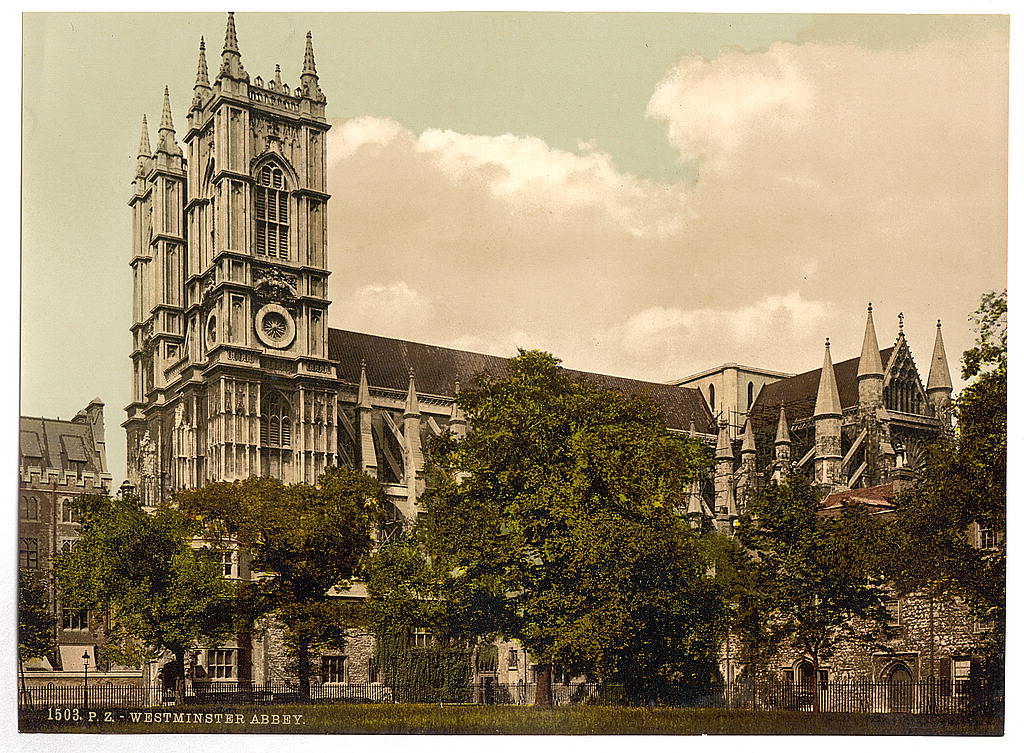Note: This article has been excerpted from a larger work in the public domain and shared here due to its historical value. It may contain outdated ideas and language that do not reflect TOTA’s opinions and beliefs.
From The Travels of Mirza Abu Taleb Khan, 1814.
The public buildings in London are innumerable, and a description of them alone would fill a volume. They are generally built of stone, and many are very massy and grand. The principal of them are, Westminster Abbey, which contains the tombs of all the Kings; the Cathedral of St. Paul's; the Foundling and Lying-in Hospitals; and those of Greenwich and Chelsea, for naval and military pensioners.
There are also a number of Colleges, such as I have described at Oxford; and several Schools, which contain four or five hundred boys each, supported entirely by subscription, or by charitable donations. These schools may be considered as a little world, in which the English are taught every thing useful, honourable, and virtuous.
English charity does not consist in giving a small sum of money to a beggar, or a poor poet, or a starving musician. These persons they have a great aversion to; and should one of them follow a coach for miles, he would lose his labour, and not be able to; soften the hearts of those seated therein. But their charities are of a public nature; for in every parish there is a house built for the poor, where they may reside, and receive a daily allowance of food. If a family be reduced to poverty by any accident, they have only to make known their condition to the parish officers, who are obliged immediately to admit them to the established allowance.
These poor-houses are supported by a tax paid by every housekeeper in the parish; and the amount of their revenues has been estimated at three crores of rupees, or £. 3,000,000, annually. Notwithstanding this immense expenditure, I saw a number of beggars in London, but was told they were idle, worthless people, who preferred this mode of a life to a regular stipend.
Sometimes the receipts of the Play-houses or Opera, &c. are dedicated to charitable purposes; and such is the attention of Government to the welfare of the poor, that if any individual can devise a Scheme by which they will be benefited, the Ministers lay it before Parliament, and obtain permission to appropriate lacs of rupees for its support.
In this city there are several hundred bankers, who have very extensive concerns all over the world. There is, however, one house vastly preeminent over all the others, which is called the Bank of England: it is a very massy building, and contains nearly two hundred apartments, each of which is appropriated to a particular office.
The partners of this bank are numerous, and constitute a Company, similar to the East-India Company, the business of which is managed by a certain number of Directors. In this bank is lodged all public money, and all the treasure of the nation. It is said to contain not less than £. 100,000,000, in specie and bullion. The profits of this Company must be immense, as they seldom pay any demand in money; and their notes, which do not bear any interest, pass current, as cash, all over the empire.
Opposite the Bank is situated another public building, called the Exchange, where all the merchants of the city assemble every day, to make their bargains; and where intelligence is daily brought from every part of the world, whether of a commercial or political nature.
It has been before mentioned, that the present capital is composed of three towns; called, Westminster, the City, and the Borough. The latter is situated on the south bank of the river, and is united to the others by three handsome stone bridges, each of which is from a quarter to half a mile long.
Lower down the river, at a place called Gravesend, they are constructing a very extraordinary bridge, if such it can be called. It is an iron tunnel, which is to extend from one side of the Thames to the other, all the way under ground. It will, consequently, be quite dark; but, by the aid of lamps, horses and carriages are to pass at all hours, while ships of the greatest burthen are sailing over their heads. This appears to me one of the boldest undertakings, and will be the most surprising work of art in England, if it succeed.
All the foreign trade enters London by the Thames; but there are various canals, communicating with this river, to every part of the country, by which the internal commerce is carried on. By means of these canals, all heavy articles are conveyed from one part of the kingdom to another, at one third of the expence they could be conveyed by land; and, consequently, the proprietors are enabled to sell them at a lower price.
Khan, Mirza Abu Taleb. Travels of Mirza Abu Taleb Khan in Asia, Africa, and Europe. Longman, Hurst, Rees, Orme, and Brown, 1814.
About TOTA
TOTA.world provides cultural information and sharing across the world to help you explore your Family’s Cultural History and create deep connections with the lives and cultures of your ancestors.


